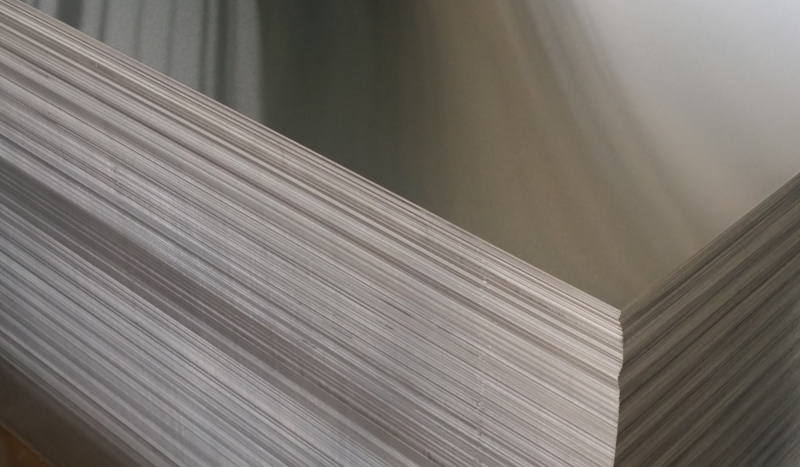What is the purpose of aluminium cladding?

Aluminium cladding is a process in which a layer of pure aluminium is applied to the surface of an aluminium alloy. This process has important uses and advantages in many applications. Below are the main reasons for aluminium cladding and its uses:
What is the purpose of aluminium cladding?
Increased corrosion resistance: Pure aluminium has excellent corrosion resistance. By cladding the surface of an aluminium alloy with a layer of pure aluminium, the corrosion resistance of the material can be significantly improved, especially when used in marine environments or other highly corrosive environments.
Improved surface finish: Aluminium cladding provides a smoother and more uniform surface, which is important for certain applications where a high surface finish is required, such as in aerospace.
Improved electrical conductivity: Pure aluminium has a high electrical conductivity and by cladding it is possible to increase the electrical conductivity of the whole material, which can be beneficial in certain electrical and electronic applications.
Improved welding properties: Aluminium cladding improves the welding properties of aluminium alloys, making the welding process easier and the quality of the weld higher.
What is the clad aluminium used for?
Aerospace: In aircraft manufacturing, clad aluminium is commonly used for wings, fuselages and other structural components. Aluminium cladding improves the corrosion resistance and durability of these components and extends their service life.
Architectural and decorative materials: Clad aluminium is used in architectural curtain walls, window and door frames, etc., to provide aesthetically pleasing appearance and durable protection.
Cables and conductors: Aluminium cladding is used in the manufacture of cables and conductors for the transmission of electricity, providing excellent electrical conductivity and corrosion resistance.
Containers and cans: Aluminium cladding is commonly used in food and beverage containers such as cans and beverage cans to ensure food safety and extend shelf life.
Automotive industry: In the automotive industry, clad aluminium is used to manufacture lightweight, corrosion-resistant components such as radiators and condensers for air conditioning systems.
In short, clad aluminium significantly enhances the properties of aluminium alloys by adding a layer of pure aluminium to their surface, making them suitable for a wide range of applications with high requirements for corrosion resistance, electrical conductivity and surface finish.